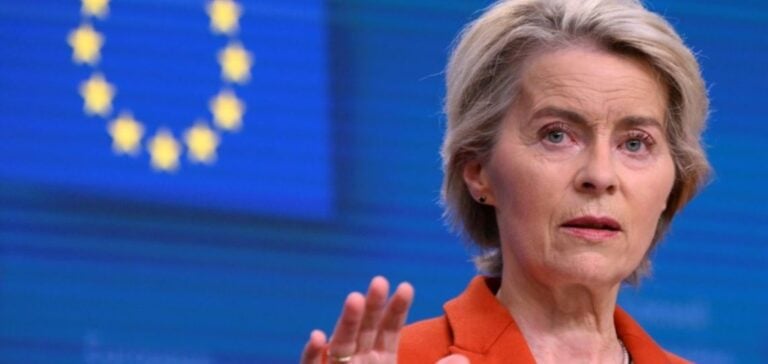The free trade agreement between the European Union (EU) and Mercosur, comprising Brazil, Argentina, Paraguay, and Uruguay, marks a significant strategic milestone in international relations. This agreement aims to strengthen commercial and energy ties while sparking debates over its environmental impact.
Strategic Access to Critical Resources
Mercosur provides direct access to essential natural resources for the energy transition. Among them:
– **Lithium**: Argentina, a key part of the “Lithium Triangle,” plays a crucial role in the global supply of this mineral, indispensable for electric batteries.
– **Copper**: Mainly sourced from Brazil, this metal is essential for global electrification.
– **Biofuels**: Brazil, a leader in ethanol production from sugarcane, offers an alternative to traditional fossil fuels.
For the EU, diversifying its supplies through this agreement reduces its dependence on China, which dominates the trade in critical minerals.
Strengthening Energy Cooperation
European companies benefit from new opportunities:
– **Investments in Local Infrastructure**: Solar and wind projects in Brazil and Uruguay open promising markets.
– **Technological Partnerships**: European innovations in smart grids and electrified transport find a receptive ground in the region.
This cooperation could energize the energy transitions of both regions, though the benefits are likely to materialize mainly in the medium term.
Environmental Challenges
Deforestation and Climate Impacts
Critics of the agreement highlight the risk of accelerating deforestation in the Amazon, particularly due to increased agricultural exports of soy and beef. These industries, primary drivers of Brazilian forest destruction, exacerbate CO2 emissions, undermining global climate commitments.
In 2022, deforestation in Brazil rose by 22%, a worrying figure despite environmental clauses deemed insufficient to reverse this trend.
Loss of Biodiversity
Mercosur is home to unique biodiversity, particularly in the Amazon and Cerrado regions, which are already under pressure from agricultural and industrial expansion. These threats present a dilemma for Europe, torn between economic ambitions and climate goals.
Repercussions in Europe
Energy Transition and Dependence
Easier access to lithium and copper could support the EU’s battery and electric vehicle industry. However, the EU risks replacing dependence on China with vulnerability to political instability in Mercosur countries.
Weakened Sectors
European farmers, particularly in the beef and cereal sectors, fear unfair competition. Imported meat and soy, produced under less stringent environmental standards, heighten tensions in Europe’s rural areas.
Political and Social Perceptions
The agreement is seen as an excessive concession by part of the European public, fueling skepticism toward EU institutions. Conversely, its advocates highlight its strategic benefits, reinforcing relations between Europe and Latin America amid intensifying global competition.






















